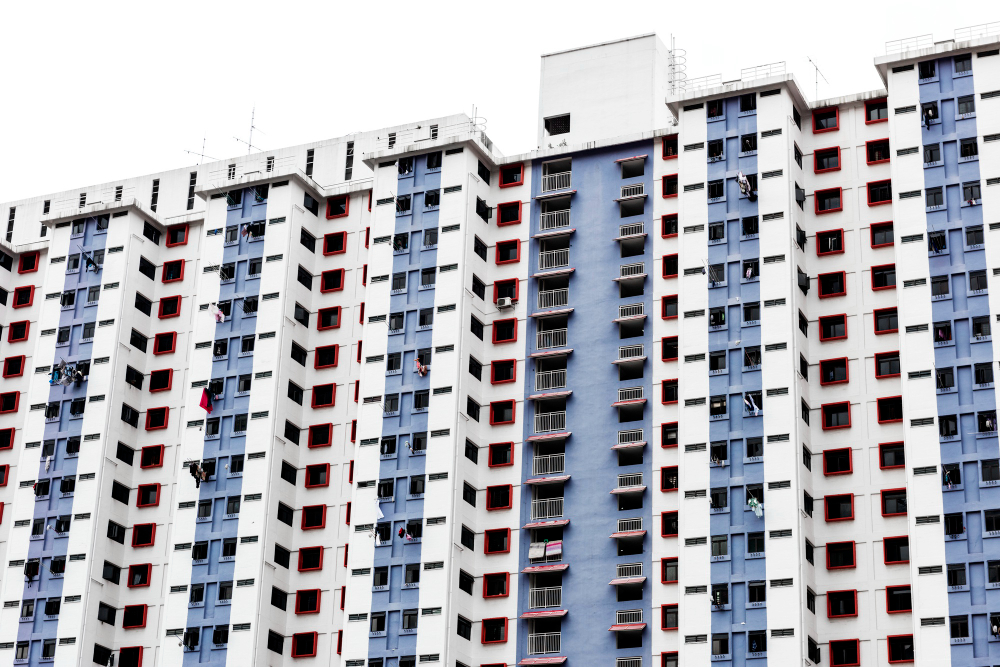Best Residential Localities in Lucknow to Buy a Home in 2025
2025-06-02 02:55:07

When purchasing a flat in India, homeowners must consider maintenance charges as an ongoing expense. These fees cover the upkeep of common areas, security, and essential amenities within a housing society. However, many homeowners struggle to understand how these charges are determined, what they include, and whether they are reasonable.
This blog will explain the significance of maintenance charges, the different calculation methods, the services they cover, and ways to manage them efficiently.
Maintenance charges are periodic fees—monthly or annually—collected by the Resident Welfare Association (RWA) or Apartment Owners' Association (AOA) to ensure the smooth functioning of the society.
Why Are Maintenance Charges Necessary?
Without these charges, the quality of living and property value may decline over time.
Different societies use various models to determine maintenance charges. Here are the most common methods:
A. Per Square Foot Model
A fixed charge per square foot is applied, meaning larger flats pay higher maintenance fees.
Example: If the charge is ₹3 per sq. ft. and your flat is 1,000 sq. ft., the monthly fee will be ₹3,000.
B. Equal Distribution Model
All residents pay the same maintenance fee, regardless of flat size. This is common in smaller societies.
C. Hybrid Model
A mix of fixed and variable charges, where some expenses (like security) are equally divided, while others (like water usage) depend on consumption or flat size.
D. Pay-As-You-Use Model
Residents pay for additional services like clubhouses, parking, and gym access separately, reducing the overall burden on those who don’t use them.
Most maintenance fees include essential services, but luxury societies may charge extra for premium facilities.
✔ Common Utilities – Electricity, water supply, and waste disposal.
✔ Security Services – Security guards, CCTV, and visitor management.
✔ Cleaning & Housekeeping – Regular cleaning of shared spaces and pest control.
✔ Repairs & Maintenance – Elevator upkeep, fire safety systems, and plumbing repairs.
✔ Recreational Facilities – Clubhouse, swimming pool, landscaped gardens, and sports areas.
The cost of maintenance varies depending on city, location, and the type of apartment. Below is an approximate range of monthly charges:
Luxury apartments and gated communities with premium amenities typically have higher fees.
While maintenance charges are necessary, residents can take steps to optimize expenses:
✅ Energy Efficiency – Solar panels and LED lighting can reduce electricity costs.
✅ Water Conservation – Rainwater harvesting and water recycling reduce utility bills.
✅ Digital Management – Automated security and digital payment systems can lower costs.
✅ Community Participation – Volunteer-driven maintenance efforts can cut outsourcing costs.
✅ Vendor Negotiation – Societies can negotiate better service contracts for housekeeping and security.
Yes, under the Real Estate (Regulation and Development) Act, 2016 (RERA), maintenance charges must be clearly mentioned in the agreement before selling a flat.
???? Key Legal Points:
Maintenance charges play a crucial role in ensuring a comfortable and well-maintained living environment. By understanding how these fees are calculated and managed, homeowners can make informed decisions and ensure fair expenses. Whether you are buying a new flat or living in a housing society, being aware of maintenance policies will help you plan your finances better.
All images on www.ecogramcity.com are artistic impressions and may differ from the actual project. Prices and payment plans are subject to change without prior notice. This website is a promotional tool and does not constitute an offer or contract. Information provided is subject to change without notice. Verify all details with our sales team before making any purchase decisions. This website and its content are for guidance only and are subject to revision. Your use of this website is at your own risk.